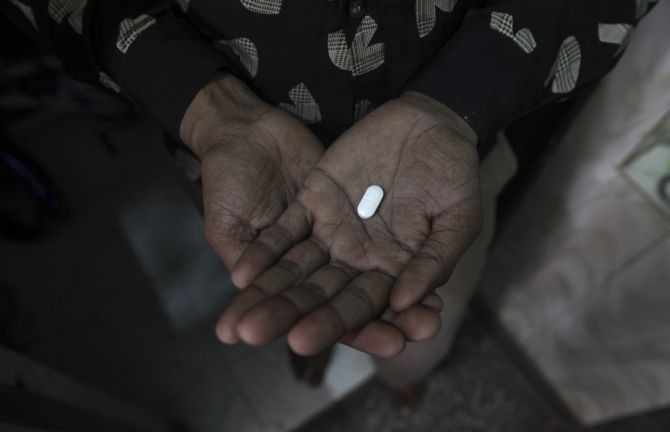Is Wal-Mart On The Forefront Of Health Care?

Wal-Mart has started installing machines that test weight, blood pressure and eyesight at "SoloHealth" stations.
The company that makes the kiosks is taking advantage of the oncoming waves of people who will soon become insured and will put increased demand on primary health care in the United States. This has spurned new innovations in cheaper and more convenient care.
SoloHealth stations will soon be in 2,500 Wal-Marts and Sam's Clubs as soon as next month.
Wal-Mart has particular interest in this technology given its prevalence around the country. After recent statements by top level officials stating that they have had success in expanding into pharmacies and retail medical clinics. Wal-Mart recently pulled back on statements made on going into primary care.
Wal-Mart spokeswoman Danit Marquardt says the placement of SoloHealth stations in many stores is part of the retailer's commitment to "testing new products and services and ways to keep customers healthy."
"We don't have a larger plan for primary care at this time," she added.
The companies that back SoloHealth plan on expanding into kiosks that help and advise people in methods to quit smoking, test to see if they are at risk for developing diabetes or even help in enrolling in health insurance plans.
"It is clear there are now many interactive mechanisms that can step the consumer through the process of self-diagnosis and medication selection," said Janet Woodcock, director of the FDA's Center for Drug Evaluation and Research.
Other companies are marketing similar technologies. HealthSpot, another firm, has enclosed cubicles that allow patients to pay $59 to $79 for a video "visit" with a doctor. NowClinic online, a subsidiary of UnitedHealth Group, provides 10-minute video chats with physicians for $45.
Will the future of medicine be virtual? Or will people want the bedside manner of a real life doctor?
Published by Medicaldaily.com



























